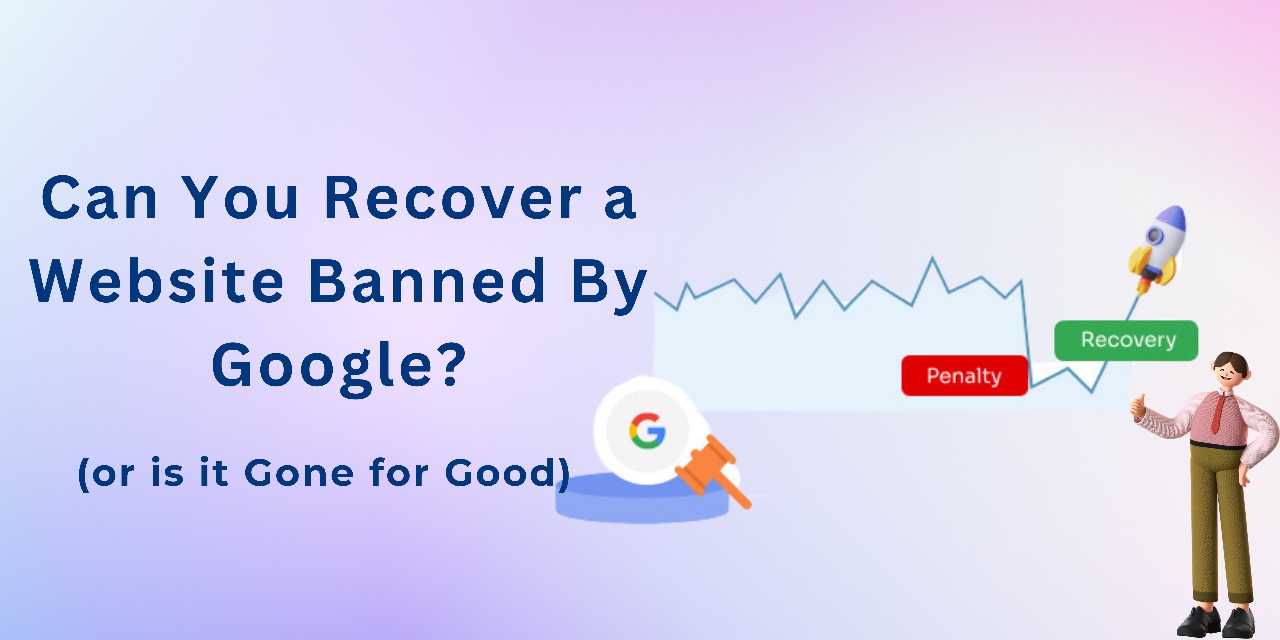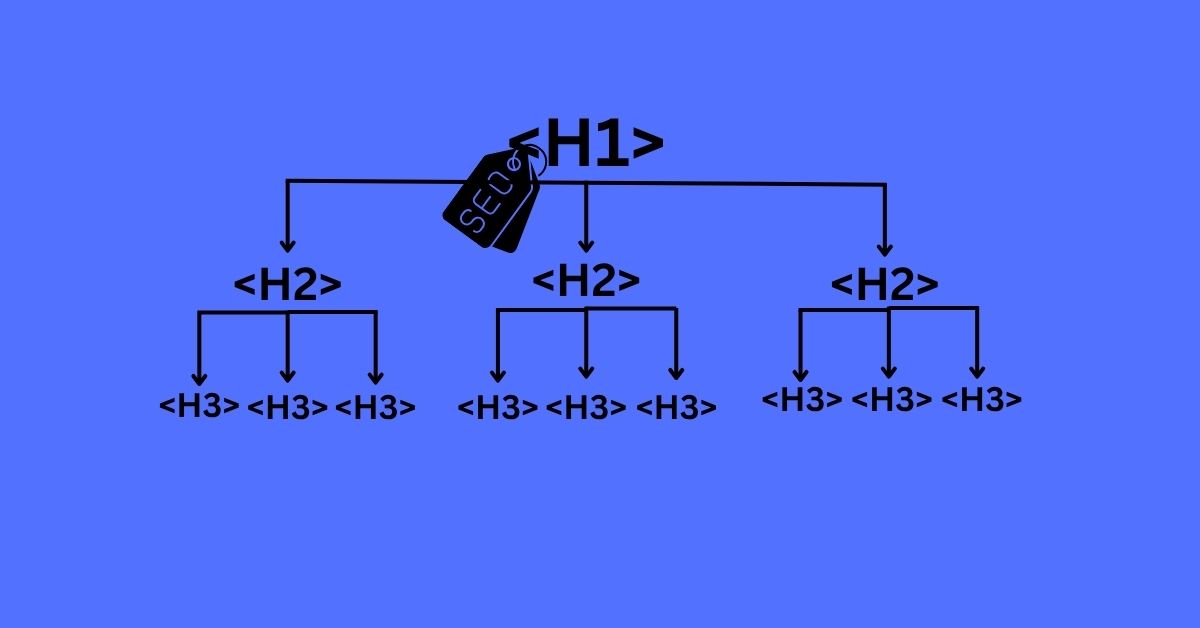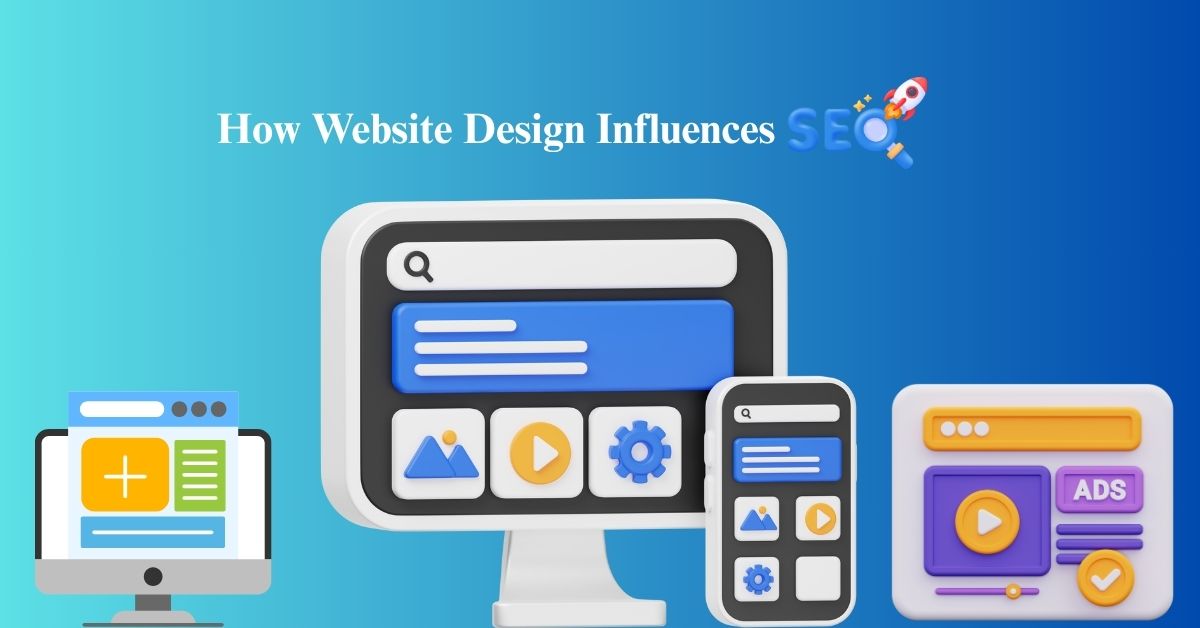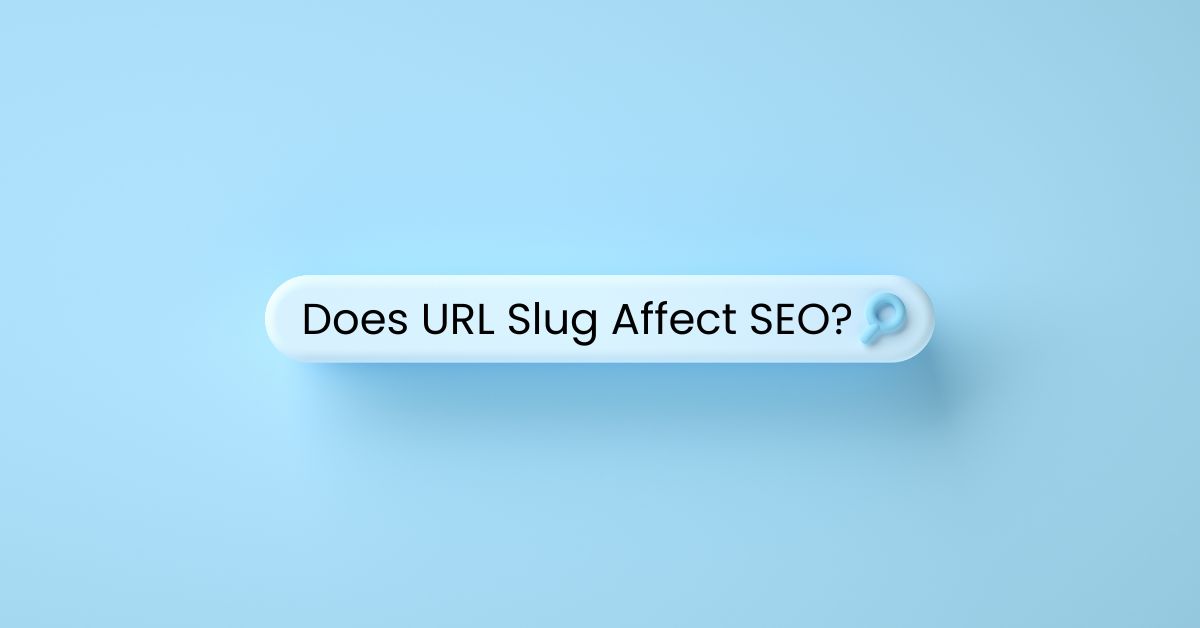
The title is a bit of a jumpscare, and we wish it never comes to this. But if something does happen with your website, know this blog will be still here 😉
While facing a Google ban, two things may come to your mind.
First, why did it happen. (Among the 100 other feelings of frustration, disappointment, and inconsolable concern.)
Second, is there a way out. If yes, then HOW.
In this blog, we’ll be digging into why Google might ban your website and ways to fix it.
TABLE OF CONTENTS
- What Does Google “Banning Your Website” Mean
- Why Is Your Website Banned?
- Security Breaches
- Adherence to Webmaster Guidelines
- Manipulative or Redundant SEO Practices
- Hacked or Compromised Websites
- Unwanted Software and Malicious Behavior
- Violations of Ad Policies
- Excessive Use of Intrusive Interstitials
- So, Can You Get Your Website Back?
- Identify the Reason for the Penalty
- Rectify Violations
- Submit a Reconsideration Request
- Improve Website Security
- Build Quality Content and Links
- Monitor and Adapt
- Let Us Help You Recover Your Website From a Google Ban (And Avoid Happening it Again!)
What Does Google “Banning Your Website” Mean
Google bans websites all the time.
The way in which Google operates, is centered around its guidelines and policies. If Google’s search engine bots come across websites that violate some of these guidelines or possibilities, they may be taken off almost immediately.
And unfortunately, you don’t get an alert or notification if that happens. It means you could really be knees-deep in your business or considering to set sail for a trip, and you wouldn’t know if your website is still on Google.
This may ultimately cost you customers and sink your hard-earned online presence.
Furthermore, not knowing the exact reason if your website going off the grid may make it harder to recover it.
But, there’s hope. Some Website Maintenance Services in New Zealand may be able to diagnose the problem and help you get your website back (in most cases)
Why Is Your Website Banned?
We know how much it takes to build a website. When it is taken off search engines like Google, it usually may mean a slew of reasons.
Content Violations
A google ban can happen if your website’s content fails to meet Google’s quality standards or violates its content policies.
In other words, content that violates Google’s guidelines, such as adult content, hate speech, or illegal activities, can lead to severe penalties.
These policies make sure that any website on Google doesn’t benefit off from users’ misinterpretion, incovenience or general unawareness.
If your website exhibits bad content in form of spammy elements, harassment or hatefulness, this may immediately prompt Google to take your website off the grid.
So, when we talk about high value and relevant content, it generally means that the content is successful in helping the users. Take a closer look at content violations:
Duplicate Content
Google penalises websites with duplicate content across pages or from other sources. Plagiarism is a strict offence and violating it could not only take your website off Google but could also result in a lawsuit.
The only prevention to this is generating original and unique content that isn’t directly taken off from a competitor.
To ensure plagiarism-free content, you can use certain tools like Duplichecker, Copyscape and Grammarly. It only takes a few minutes scan plagiarism, and these can save you a great time.
Thin Content
A billion websites are already present on Google. Due to ever-increasing competition, the search engine giant has been reinforcing quality in websites for better search experience.
Earlier, you could get a website and take it live, but times have changed. Ensuring plagiarism and user protection from hateful content, spam or harassment is important, but so is providing the user with the right information.
If your content isn’t able to establish a strong connection with your service or products, it may be considered minimal or low-quality content. This type of content has higher risks of getting flagged.
Solution? You can focus on creating substantial, informative content that addresses user queries and needs. Remember, relevant content is an investment that will always pay off.
Keyword Stuffing
An SEO strategy that includes overloading your website with tons of keywords is probably a reason why your website is banned.
Keywords are the holy grail of SEO. But if your content is more keywords and less context, it will appear unnecessarily promotional. The impact of such content is that your visitors will exit your website and land on your competitors’ websites.
This can also lead to penalisation. The best solution to this would be to prioritise natural language and user readability. Always follow a keyword density rule, ensuring your they’re sprinkled throughout the page from top to bottom.
Security Breaches
Security breaches pose a significant threat to both user safety and a website’s search engine ranking. Google takes security seriously, and any compromise can lead to penalties. Common security issues include:
Hacking and Malware
Google’s security system works round the clock to lookout for potential security risks. If it detects that your website has been hacked or contains malware, a penalty or blocking your website is almost inevitable. Regular security audits and immediate resolution of vulnerabilities are crucial — your website’s safety can ensure peace of mind.
Unsecure Connections
Websites without SSL certificates (non-HTTPS) are on a higher risk of getting flagged as insecure. When a website uses HTTPS to encrypt data, it also builds trust with users and search engines. Some users can also know if your website is secure or not, so you also have a chance to instil faith in them.
Unauthorised Access
A google ban isn’t always your fault. Sometimes another person can break into your website, without your approval. This may lead to content manipulation or other malicious activities, and thus the penalties. Your best prevention strategy would be to ensure that you only handover access controls to trusted parties, and change your passwords regularly.
Adherence to Webmaster Guidelines
Google’s Webmaster Guidelines outline best practices for websites to ensure a positive user experience and fair competition. Violations of these guidelines can lead to penalties and a drop in search rankings. Key considerations include:
Doorway Pages
Creating pages specifically designed to rank for particular keywords, redirecting users to other pages, or artificially inflating website pages can violate guidelines.
Sneaky Redirects
Redirecting users to a different page than the one shown to search engines can lead to penalties. Ensure that redirects are transparent and aligned with user expectations.
Hidden Text and Links
Concealing text or links for the purpose of manipulating search rankings is a practice frowned upon by Google. It removes Keep content visible and transparent to users and search engines.
Cloaking
Ever clicked on an ad and saw a different website? It’s called cloaking (and it’s not tolerated by Google). Showing different content to users and search engines is considered deceptive (cloaking) and is strictly against guidelines. Ensure that the content displayed is consistent for all users.
Manipulative or Redundant SEO Practices
One common reason for a website ban is engaging in manipulative or deceptive tactics to artificially boost search engine rankings.
Even if you’re a legitimate enterprise engaging in fair practices to conduct business, attempts to manipulate search engine bots
Now, these activities can include keyword stuffing, cloaking, or participating in link schemes that attempt to manipulate Google’s algorithm.
Hacked or Compromised Websites
If you’re getting your website made from Top Web Development Companies in New Zealand, they’ll ensure to prevent security issues.
But sometimes, failure to secure a website against hacking can result in the distribution of malicious content or spam without the website owner’s knowledge. Here are some problems related to compromised or unregulated websites:
Unwanted Software and Malicious Behavior
Distributing or promoting unwanted software, including malware, spyware, or adware, which can harm users’ devices or compromise their privacy.
Violations of Ad Policies
Displaying misleading or deceptive advertisements, violating Google’s advertising policies and potentially leading to a ban from Google AdSense.
Excessive Use of Intrusive Interstitials:
Implementing pop-ups or interstitials that hinder user experience by covering a significant portion of the main content, especially on mobile devices.

So, Can You Get Your Website Back?
If your website is penalised or banned by Google, there’s a good chance of recovering it.
Lookout for these corrective actions to resolve the existing issues that led to the penalty in the first place.
Identifying the Reason for the Penalty
Dig into the specific reason that caused the penalty to determine the best course of action. Google usually provides a message in Google Search Console detailing the issue. It could be related to content violations, security issues, or manipulative SEO practices.
Rectify Violations
Unless you address the issues that led to the penalty, there’s not much that you can do. Corrective steps in this may involve removing or modifying content, fixing security vulnerabilities, or discontinuing any erroneous SEO practices. These changes will make sure your website complies with Google’s guidelines.
Submit a Reconsideration Request
In case your website was manually penalised, you can submit a reconsideration request through Google Search Console. Clearly, highlight the actions you’ve taken to rectify the issues. Serious commitment to compliance will be considered and there’s a good chance you might get your website back sooner.
Improve Website Security
If the penalty is related to security issues, ensure that your website is secure. Double-check if you’ve got an SSL, and if your login credentials are in place. Top Web Developers in New Zealand can help remove malware or harmful software, and take measures to prevent future security vulnerabilities.
Build Quality Content and Links
Do away with spammy links. High-quality, valuable content and natural backlinks can build your domain authority, while manipulative link-building practices will put your website into a risk.
Monitor and Adapt
Regularly monitor your website’s performance and address any new issues promptly. Stay informed about Google’s guidelines and algorithm updates to adapt your strategies accordingly.
https://www.thetechtales.co.nz/website-development-company-in-newzealand
Let Us Help You Recover Your Website From a Google Ban (And Avoid Happening it Again!)
Recovering from a Google ban is a journey, not a sprint. By understanding the reasons, implementing a robust recovery roadmap, and adopting preventative measures, you can not only reclaim lost ground but also build a resilient online presence.
The Tech Tales provides trusted Website Maintenance Services in New Zealand and we can help you get your website back. We like to break down complex issues, and we’ll be happy to do it for you.





